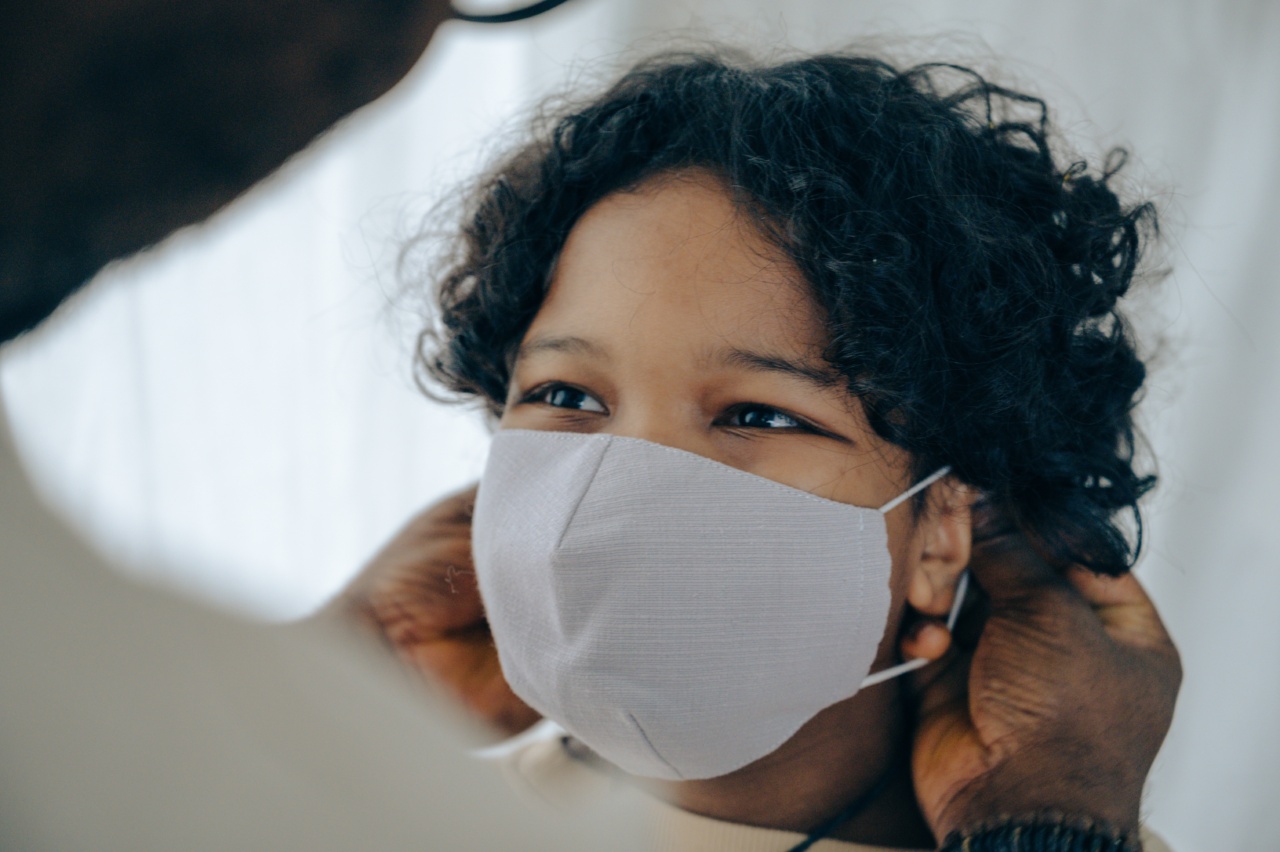The Western Nile virus is a type of virus belonging to the mosquito-borne flavivirus genus.
It is typically transmitted to humans through mosquito bites and can cause a range of symptoms, from a mild flu-like illness to severe and potentially fatal neurological complications.
The recent outbreak
As of the latest reports, over 1600 individuals across several states in the US have been affected by the Western Nile virus.
Three fatalities have been reported so far, and health officials are urging people to take precautions to avoid mosquito bites and to seek medical attention if they develop any symptoms that could indicate Western Nile virus infection.
Symptoms of Western Nile virus infection
The symptoms of Western Nile virus infection can vary depending on the severity of the illness.
Many people who become infected with the virus do not experience any symptoms at all, while others may develop a mild flu-like illness characterized by fever, body aches, and fatigue. In more severe cases, the virus can cause neurological complications such as encephalitis or meningitis, which can lead to seizures, hallucinations, and paralysis.
Transmission of the virus
The Western Nile virus is typically transmitted to humans through the bite of infected mosquitoes. Mosquitoes become infected with the virus when they feed on the blood of infected birds, which act as the primary host for the virus.
Once infected, mosquitoes can then spread the virus to humans and other animals through subsequent bites.
Preventing Western Nile virus infection
One of the most effective ways to prevent Western Nile virus infection is to avoid mosquito bites.
This can be achieved by wearing long-sleeved shirts and pants, using insect repellent, and staying indoors during peak mosquito activity hours (dawn and dusk). It is also a good idea to eliminate standing water around your home, as mosquitoes lay their eggs in stagnant water.
Treatment for Western Nile virus infection
There is no specific treatment for Western Nile virus infection. In mild cases, symptoms may be managed with over-the-counter pain relievers and fever reducers.
In more severe cases, hospitalization may be necessary to provide supportive care and monitor for any complications.
Who is at risk for Western Nile virus infection?
Anyone can become infected with the Western Nile virus if they are bitten by an infected mosquito. However, some people are at higher risk for developing severe illness if they become infected.
These include older adults, pregnant women, and people with weakened immune systems.
Conclusion
The recent outbreak of Western Nile virus is a reminder of the importance of taking precautions to avoid mosquito bites.
By wearing protective clothing, using insect repellent, and eliminating standing water around your home, you can reduce your risk of infection. If you do develop any symptoms that could indicate Western Nile virus infection, seek medical attention promptly to receive appropriate care and prevent further complications.





























